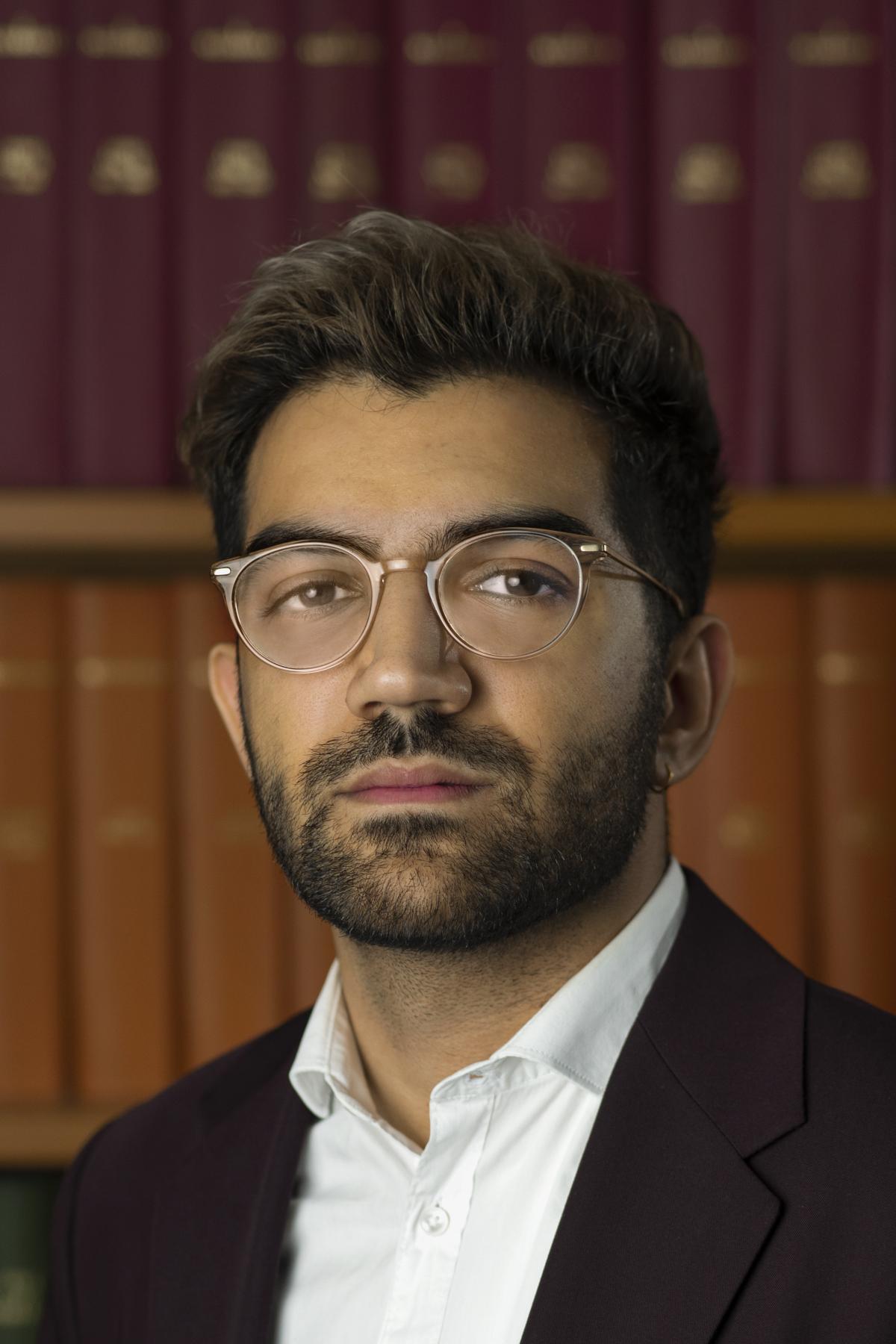
Many congratulations to Unit D.Phil. student Faissal Sharif on being selected to join the British Neuroscience Association (BNA) Scholars Programme.
The BNA Scholars Programme was launched in 2021 with a view to improving equality, diversity and inclusion in neuroscience. The programme supports students from currently under-represented ethnic groups in neuroscience, offering them a mentoring scheme, networking opportunities, and membership to both the BNA and Federation of European Neuroscience Societies, as well as funding towards attendance at conferences. Students are accepted on to the Scholars Programme following an annual open competition.
Faissal’s D.Phil. research is currently focused on novel non-invasive brain stimulation applications targeting psychiatric symptoms present in a variety of affective and neurological disorders. Beyond potential new transdiagnostic treatments using neurotechnology, Faissal is interested in the neuronal underpinnings of affective processing, anhedonia and apathy. Faissal is supervised by Professor Huiling Tan.
Faissal is the Unit’s second BNA Scholar, now joining Unit student Cal Shearer on the Programme.
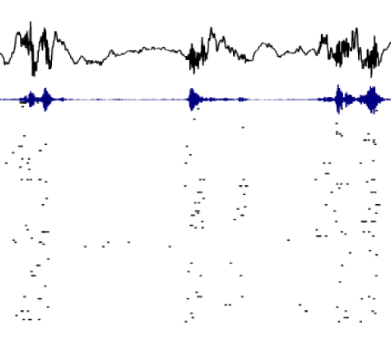
Electrophysiological data recorded from mouse hippocampus, showing activity dynamics important for memory.
We are delighted to announce that the MRC Brain Network Dynamics Unit has received Grand Challenge Award funding from the UK Dementia Research Institute (UK DRI) for a multi-year research partnership designed to advance the understanding of early changes to the operations of brain circuits in Alzheimer’s disease.
The UK DRI Grand Challenge Award will support a collaboration between the Dupret Group at the MRC Unit and researchers based at University College London, and will be led by UK DRI Group Leader Dr. Marc Aurel Busche. The team will work together to develop a biomarker for Alzheimer’s that can be used to identify and monitor early signs of the disease. The MRC Unit will leverage its leading expertise in the electrophysiological interrogation of brain functions underlying memory, focusing on state-of-the-art mouse models of Alzheimer’s. The Award will also support parallel studies in human research participants at the UK DRI, offering a valuable opportunity for cross-species translation of research discoveries.
Professor David Dupret, who will lead the Unit’s contribution to the collaborative programme, commented: “The work funded by this award will tackle a genuinely grand challenge in dementia research, that is, the development and validation of a functional circuit-based biomarker for Alzheimer’s. It is an exciting opportunity for our researchers to team up with colleagues in London and use complementary approaches to investigate the neural mechanisms underlying memory in both animal models and humans. We look forward to working with our partners as we pursue our shared goal of meeting this grand challenge.”
Unit Director Professor Peter Magill commented “We are delighted for David and his collaborators. This Grand Challenge Award is the first substantial investment of the UK DRI in the Unit’s research. It not only reflects David’s leading position in his field, but also the Unit’s distinctive contributions to the national ecosystem supporting research and innovation in neurodegenerative diseases. It is an excellent fit to the Unit’s wider strategy fostering both fundamental and translational neuroscience research across species.”
You can read more about this Grand Challenge Award on the UK DRI website.
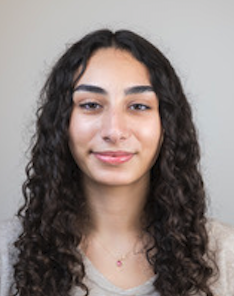
We are pleased to welcome Yasmine Maurice to the Unit as a visiting student.
Yasmine is a Master's student from the HEC Montréal (Quebec, Canada). During her 6-month visit to the BNDU, Yasmine will join the Stagg lab and work on a project that aims to increase the accessibility of information technologies. Specifically, she will investigate how to help stroke survivors with visual or motor difficulties use assistive technologies. This research will be building on Félix Giroux's work, a former visiting student in the Unit.
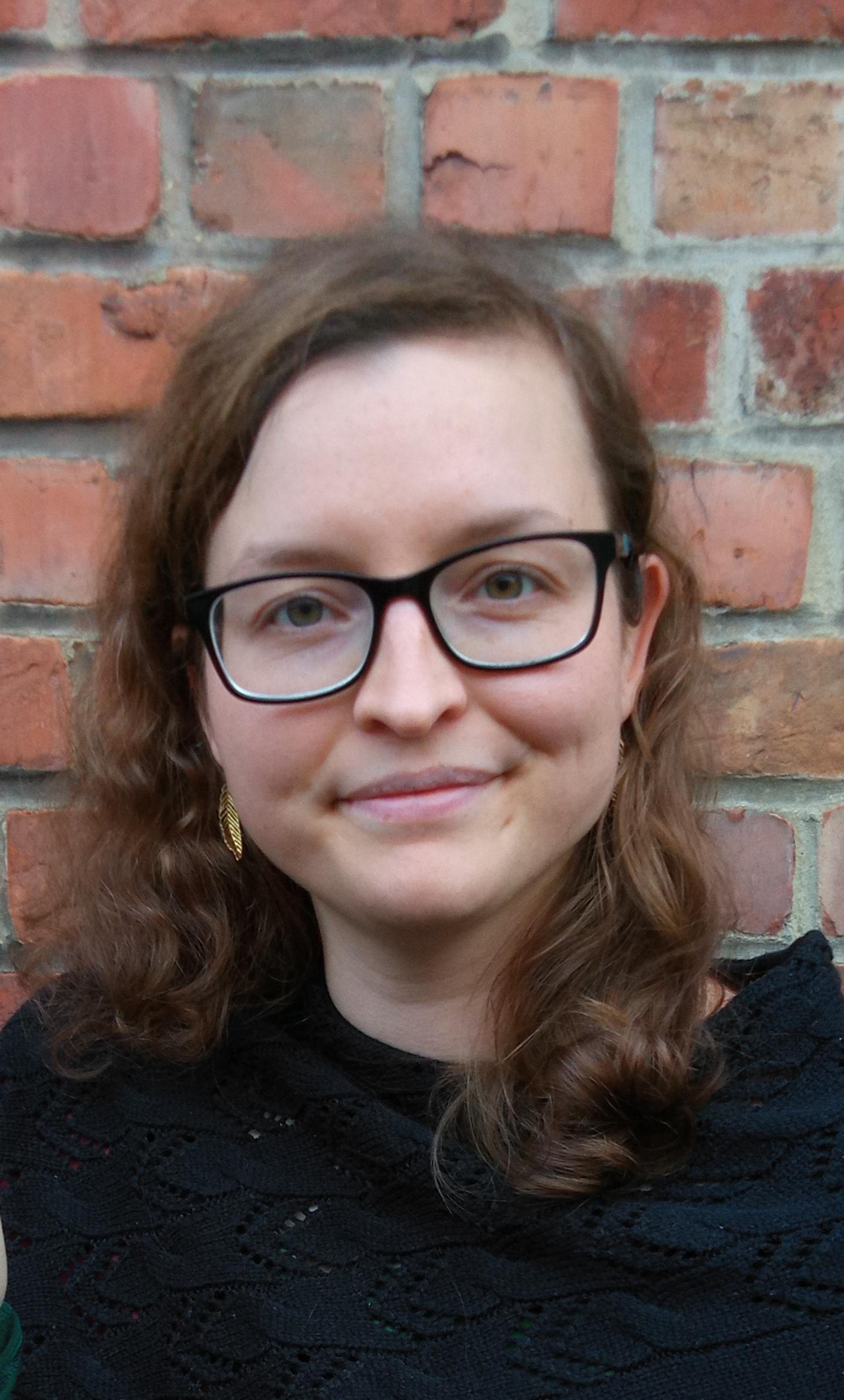
We are pleased to welcome Mareike Gann to the Unit as a visiting academic.
Mareike is a postdoctoral researcher from the University Medical Center Hamburg-Eppendorf (Germany), whose research focuses on multi-modal network stimulation. During her 6-month visit to the Unit, Mareike will join the Stagg lab to conduct a complex study which will combine neuroimaging and non-invasive brain stimulation techniques. More specifically, she will investigate the effect of transcranial alternating current stimulation (tACS) on functional connectivity between the motor cortices and related behaviour. This project will build on Mareike’s previous experience combining non-invasive brain stimulation and MRI. During her PhD project at KU Leuven (Belgium), she studied whether brain stimulation can modulate neural response in motor memory networks.
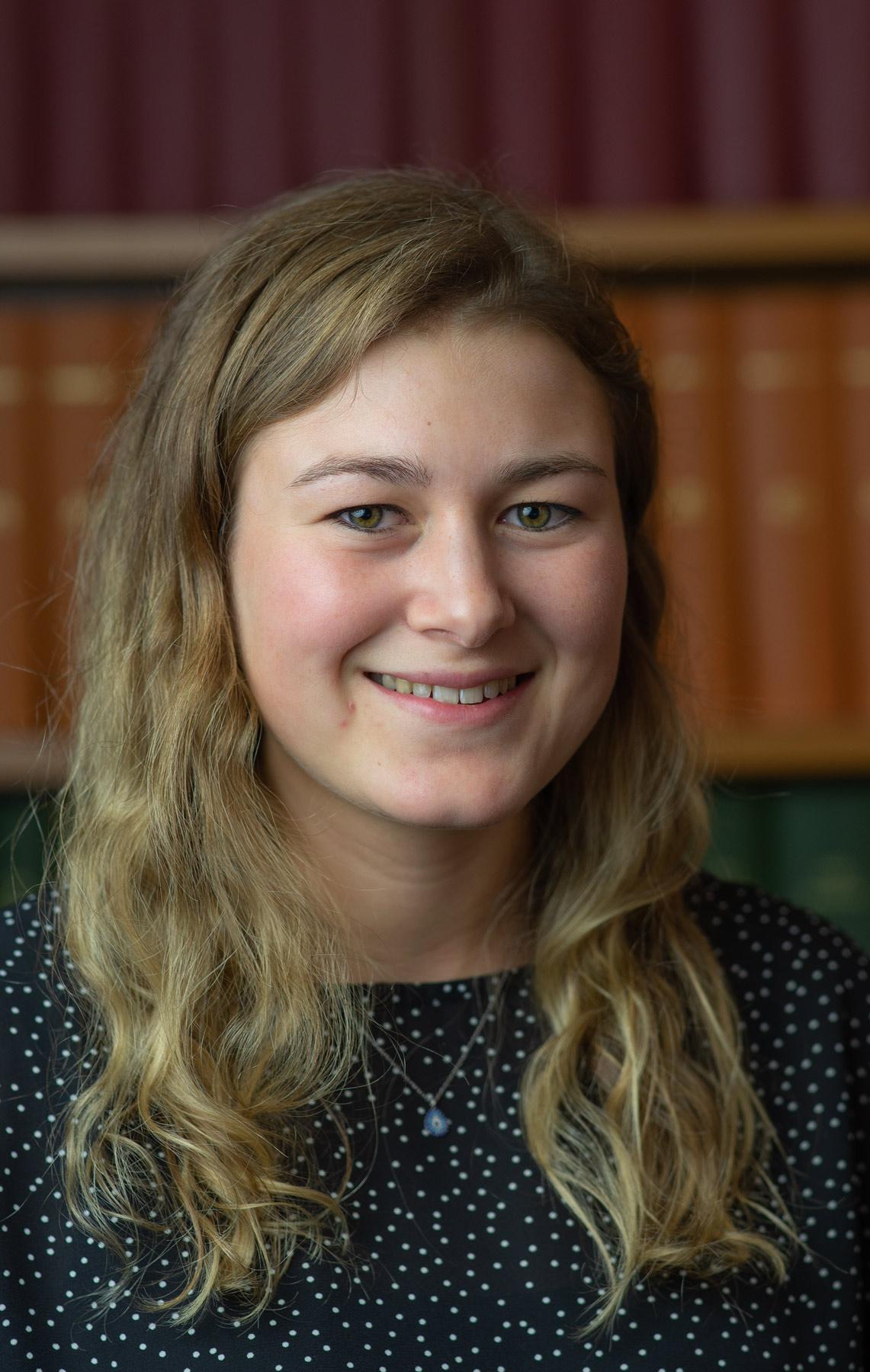
We are delighted to announce that one of our DPhil students, Jessica Myatt, has started a competitive 12-week research placement funded by the UKRI UK-Canada Globalink Doctoral Exchange Scheme.
In her placement project, Jess will investigate the neuropathological mechanisms of psychiatric disorders, focusing on those with early onset. Joining the Computational Brain Anatomy (CoBrA) laboratory at the Douglas Mental Health University Institute (McGill University, Canada), she will gain experience with in vivo neuroimaging techniques, like functional Magnetic Resonance Imaging (fMRI), and behavioural tasks in animal models of neuropsychiatric disorders.
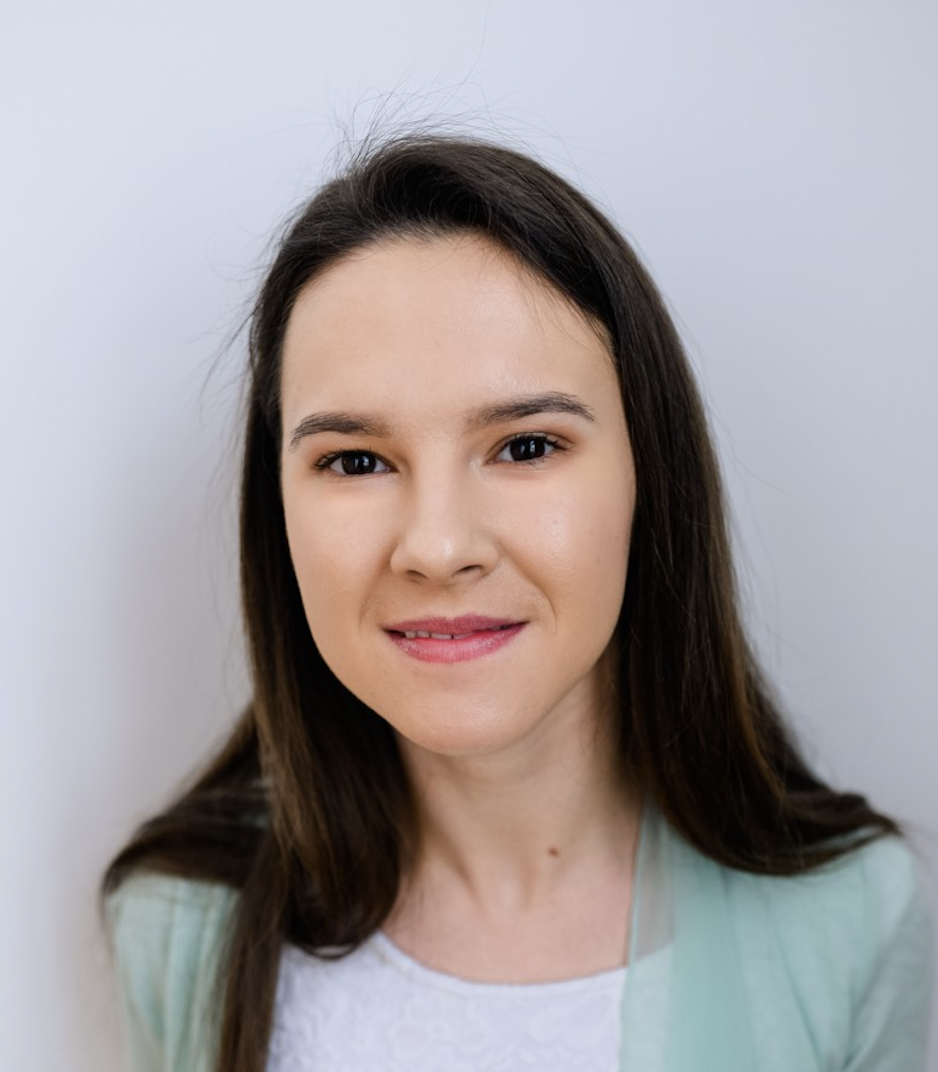
We are pleased to welcome Oana Puicar to the Unit as a visiting student.
Oana is an undergraduate student from the University of Manchester (UK), who is joining the Stagg group for a 10-month research placement. Her research focuses on better understanding the pathophysiological mechanisms of stroke. Specifically, Oana is using multi-modal neuroimaging techniques, such as functional Magnetic Resonance Imaging (fMRI) and Magnetic Resonance Spectroscopic Imaging (MRSI), to investigate how these MRI metrics of brain activity and neurochemicals relate to motor recovery in chronic stroke survivors. To expand her knowledge of techniques used in human research, Oana has also been involved in projects using non-invasive brain stimulation, such as Transcranial Magnetic Stimulation (TMS), and behavioural motor tasks.
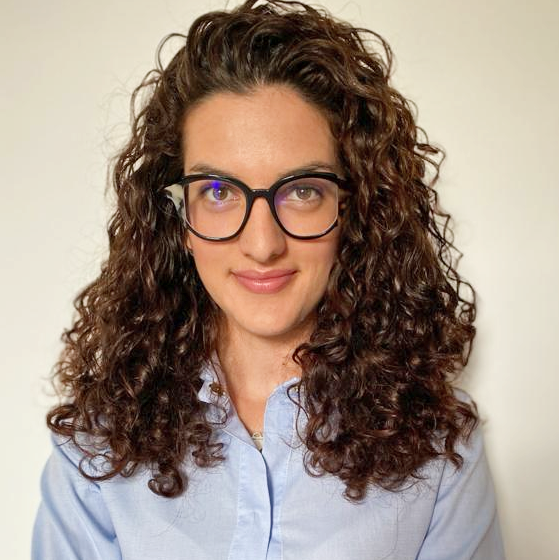
We are pleased to welcome Ilenia Paparella to the Unit as a visiting student.
Ilenia is a PhD student from the University of Liège (Belgium), working on a multimodal approach combining neuroimaging and electrophysiology to find new biomarkers of stroke recovery. Her aim is to find neural signatures in acute patients that predict good motor recovery and prognosis.
During her 6-month visit to the BNDU, Ilenia will join the Stagg group to expand her knowledge of Magnetic Resonance Spectroscopy (MRS) data acquisition and analysis.
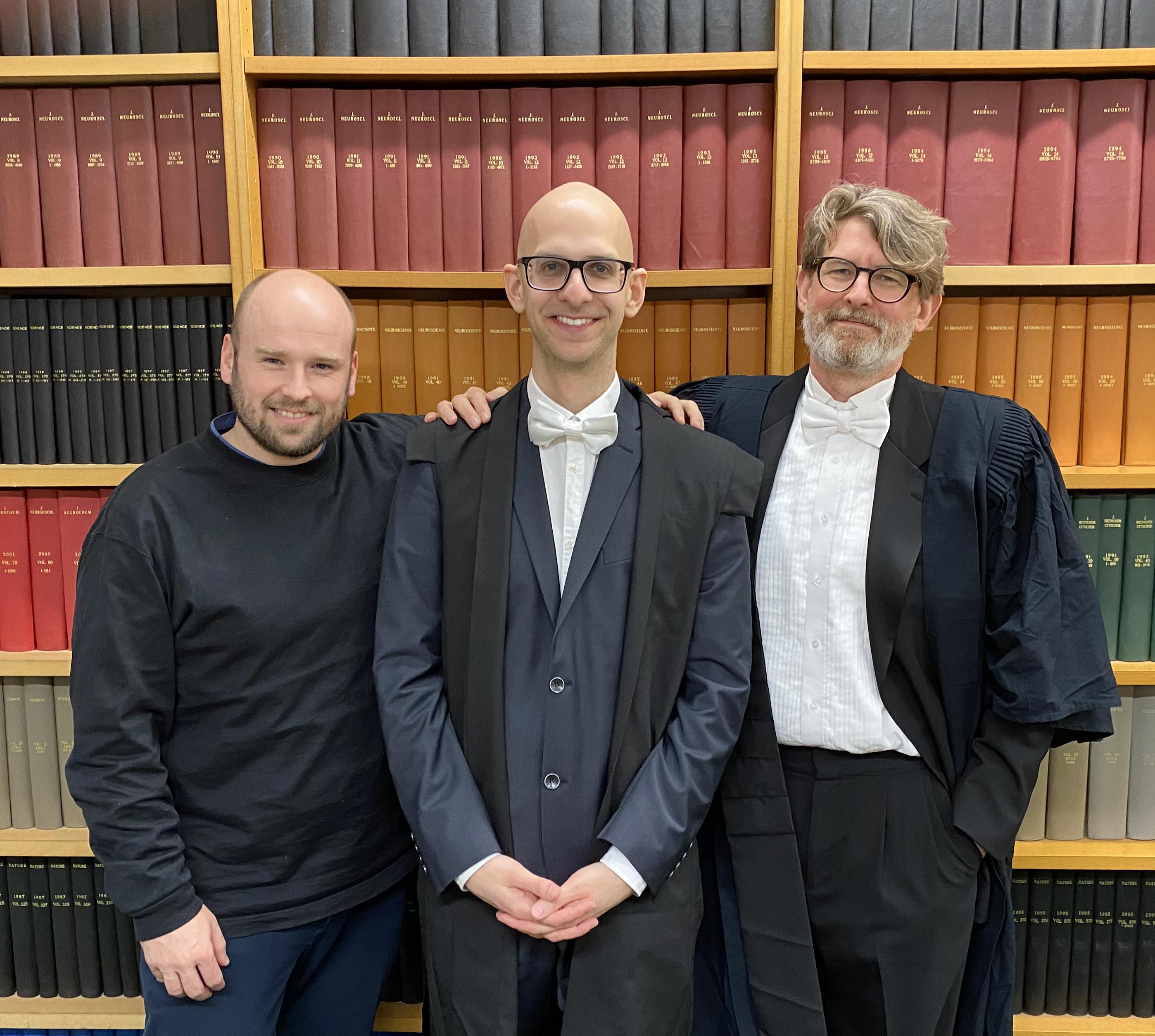
After the viva voce: A happy D.Phil. candidate (centre) and satisfied examiners (left and right).
Our congratulations go to Unit D.Phil. student Christoph Wiest for successfully defending his doctoral thesis, entitled “Modulation of basal ganglia local field potentials by deep brain stimulation in Parkinson’s disease and dystonia”, in his viva voce examination on 24th February 2023.
Christoph’s viva examiners were Professor Wolf-Julian Neumann (Charité - Universitätsmedizin Berlin, Germany) and Professor Tim Denison (University of Oxford).
Christoph was supervised at the MRC BNDU by Professor Huiling Tan, Associate Professor Andrew Sharott, Dr. Flavie Torrecillos, and Professor Peter Brown.
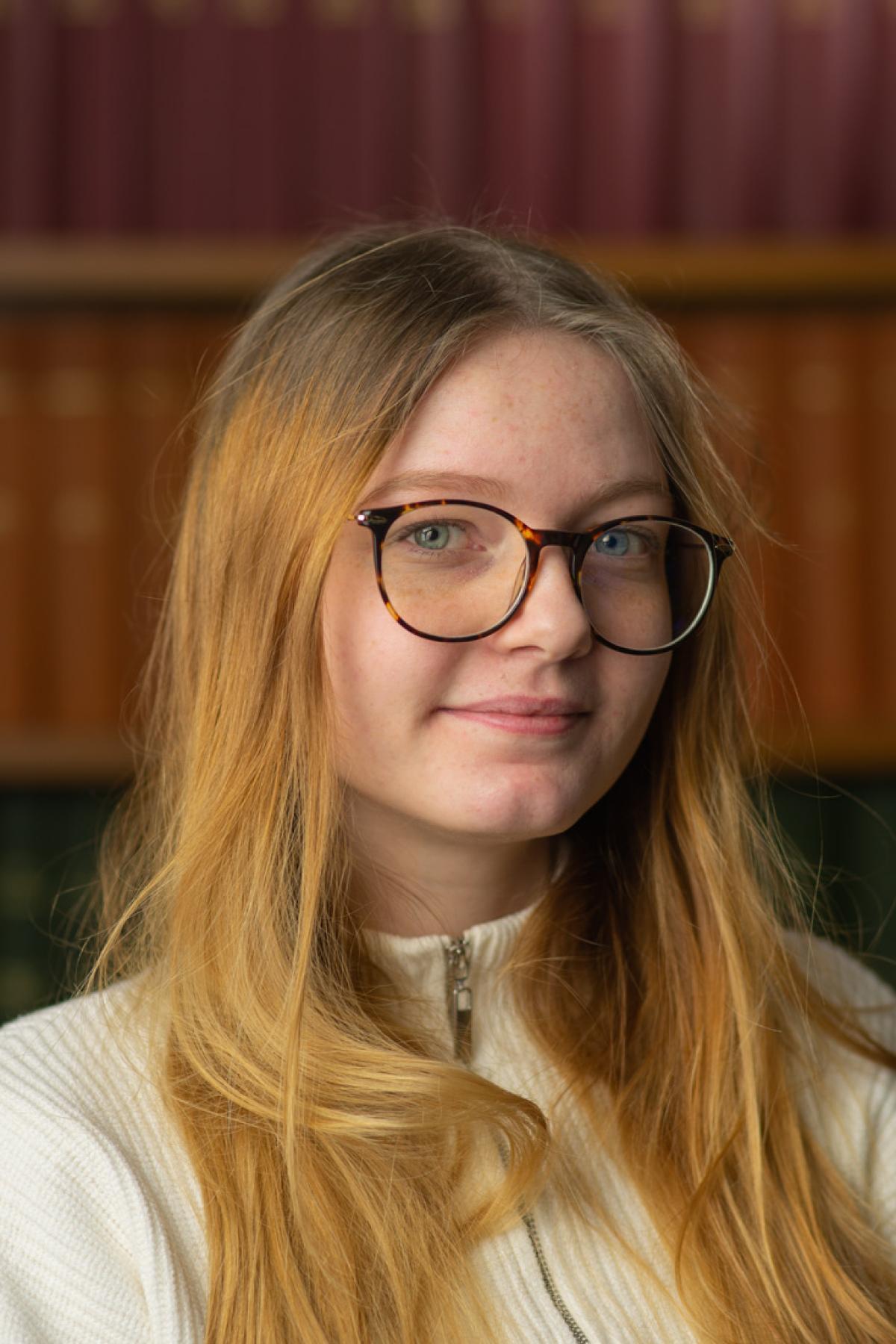
We are pleased to welcome Jennifer Blackmore to the Unit as a Research Assistant in the Magill Group.
Jennifer graduated with a B.Sc. (hons.) in Biochemistry from the University of Warwick in 2022. Her 4-year degree included a Placement Year during which she worked as a laboratory assistant in industry, fulfilling a number of roles related to research and diagnostic testing. Jennifer completed her undergraduate research dissertation in the field of neuroscience, carrying out detailed anatomical studies that were designed to elucidate seizure-related phenotypic changes in brain microglia in mouse models of epilepsy.
Here in the Unit, Jennifer will provide research support for the development and delivery of novel in vivo platforms for drug discovery in Parkinson’s disease.
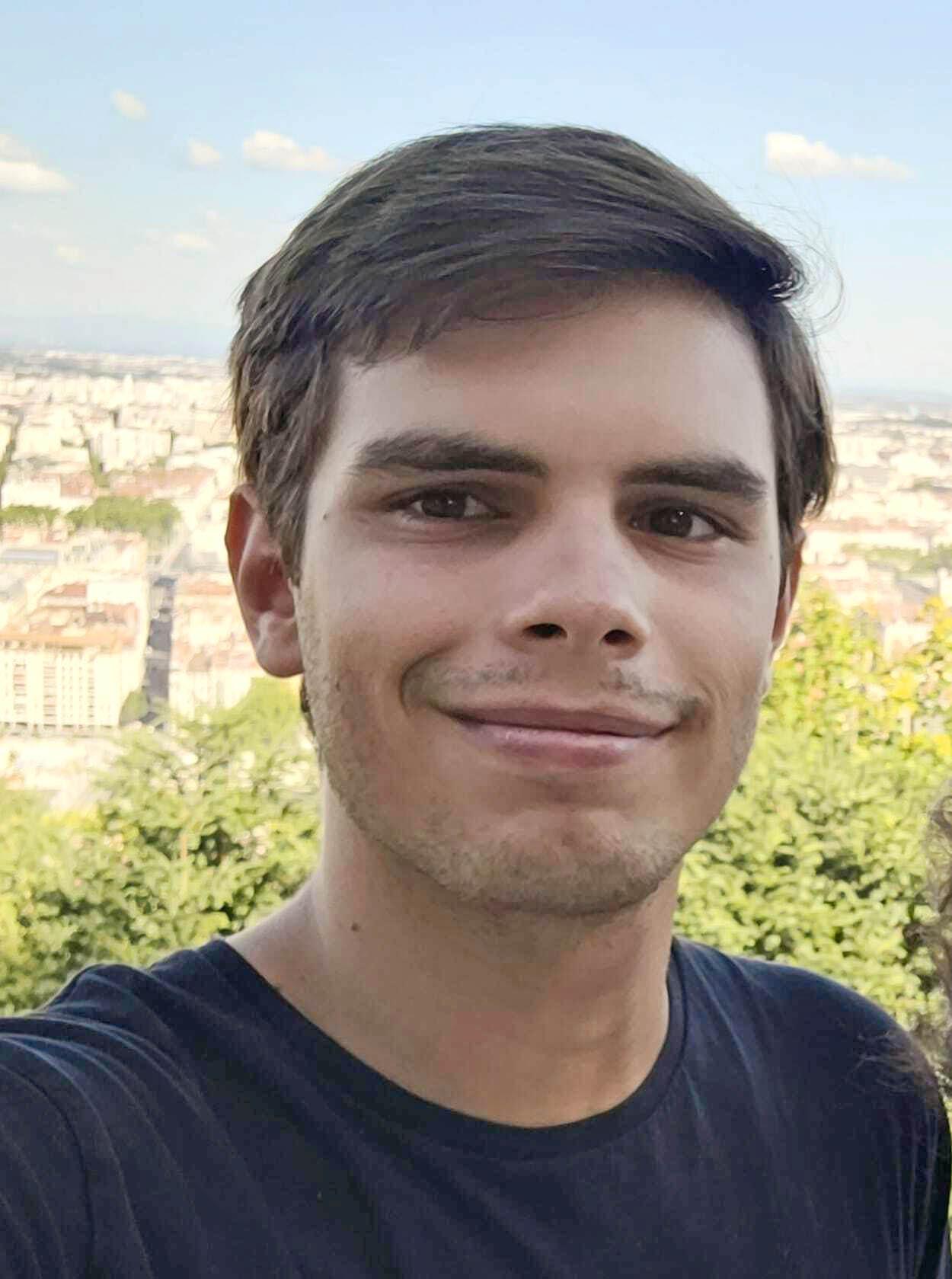
We are pleased to welcome Victor Villar Balmy to the Unit as a visiting student.
Victor is a master's student from the Technical University of Denmark. During his 6-month visit to the BNDU, Victor will join the Denison and Stagg groups, focusing on the characterisation of artefacts in the integration of Transcranial Magnetic Stimulation (TMS) and Electroencephalography (EEG). His work aims to reduce these artefacts and successfully integrate these two techniques, primarily by using online correction methods. This project will be building on previous research in the Denison group by Unit DPhil student Karen Wendt.